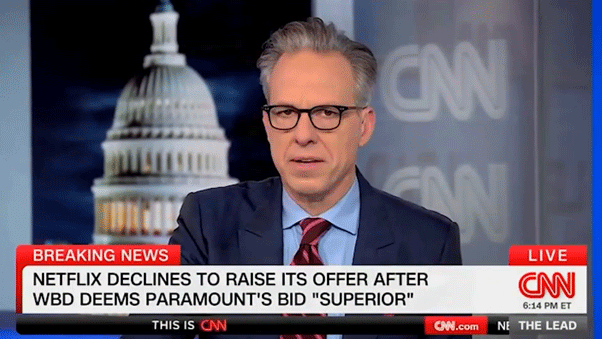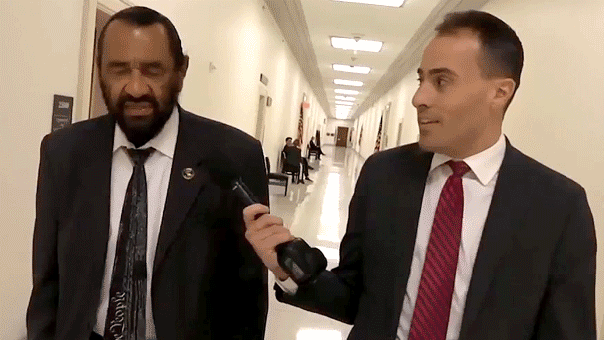Rep. Carlos Gimenez: 'We have been way too negligent with our hemisphere'
Rep. Carlos Gimenez, R-Fla., joins 'Fox & Friends Weekend' to discuss the increasing number of countries supporting China, their growing influence in Latin America and how the U.S. can combat it.
Honduras joins a growing list of Latin American countries forging comprehensive strategic relationships with China, heightening concerns over the Biden administration's handling of the threat from the communist nation.
One Florida lawmaker argued the president's policies seem to indicate "somebody may be compromised," enabling China to continue growing its influence and power in the western hemisphere.
"The only way a lot of these policies of the Biden administration make any sense whatsoever is that somebody may be compromised here," Rep. Carlos Giménez, R-Fla., said on "Fox & Friends Weekend" Saturday.
"There sure is a lot of smoke around the Biden family, their finances and where that came from. And as a former firefighter, I can tell you that where there's smoke, there's fire."
Earlier this week, Honduran President Xiomara Castro announced Tuesday that her government will seek diplomatic relations with China, a move which in turn implies severing ties with Taiwan.
The switch, if made official, would leave Taiwan recognized by only 13 countries, including Vatican City.
Nicaragua similarly broke longstanding ties with Taiwan in December 2021, declaring "Taiwan is an inalienable part of the Chinese territory."
Giménez argued that developments in Honduras highlight China's strategy to "coerce" and then "corrupt" public offices to force policy changes and gain support for its One-China policy.
"We know that they are that they coerce, they corrupt public officials down in Latin America. We're very concerned about their activities around the Panama Canal. And what China's trying to do is basically isolate Taiwan as more and more countries refuse to recognize Taiwan. And then it leads credibility to their claim that Taiwan is simply part of China," Giménez said.
CHINA FLEXES MUSCLES IN LATIN AMERICA IN LATEST SECURITY CHALLENGE TO US
In addition to policies, Giménez also emphasized the urgent need to enact legislation that encourages businesses and companies to alter their dependence on China.
"What's perverse about it is that apparently, we treat our friends like our enemies. We treat our enemies like our friends," Giménez said, noting there are many issues to bringing companies back to the U.S.
Giménez outlined ways to not only decouple the U.S. economy from China but also work to bolster the western hemisphere, so countries will not look to China.
"What the China Select Committee, what we're looking at and I know there are some bills that have been proposed, is to start to onshore our supply chain or near-shore our supply chain… Those companies that are now working in China, if we can't bring them back to the United States, let's bring them back to our hemisphere."
CHINA ISSUES OMINOUS THREAT TO BIDEN, AUSTRALIA OVER NUCLEAR SUBMARINE DEAL
"We have been way too negligent with our hemisphere. We have, you know, ignored South America and Central America. The Chinese have not," Giménez said.
Many Latin American nations including Argentina, Brazil, Peru, Chile and more recently Honduras have grown more beholden to the Chinese presence in the region.
While it is unclear what prompted Honduras' decision to restore diplomatic ties with China, the communist country is buildinga massive dam in Honduras, which reflects its typical practice to use trade and investment as incentives for switching ties.
CLICK HERE TO GET THE FOX NEWS APP
"Before you know it, we're going to find ourselves surrounded by countries that are more friendly to the Communist Chinese Party. And we're going to be here by ourselves," Giménez warned.
Fox News' Danielle Wallace, Elizabeth Elkind and Caitlin McFall contributed to this report.














































